News
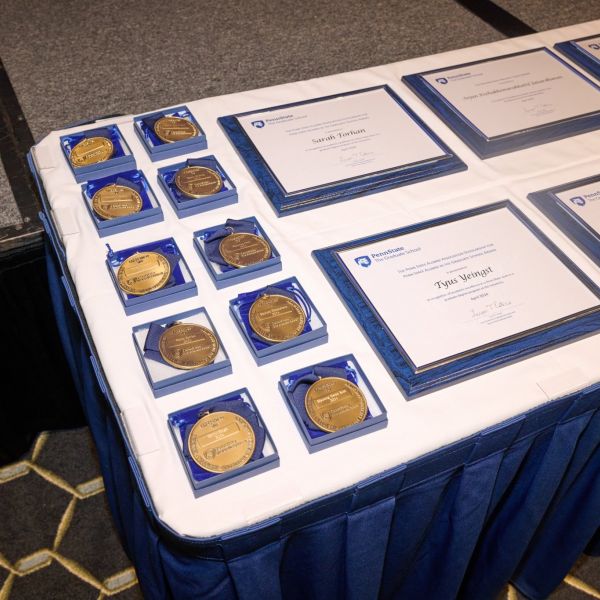
Apr 16, 2024
Huck trainees recognized at graduate school awards
Four Huck graduate students were recognized with distinctions at the recent 2023-24 Graduate Student Awards, hosted by the Graduate School at Penn State.
Full Article

Apr 17, 2024
Tracy Langkilde appointed interim executive vice president and provost
Tracy Langkilde, the Verne M. Willaman Dean of the Eberly College of Science, has been named interim executive vice president and provost of Penn State, effective April 15. Langkilde succeeds Executive Vice President and Provost Justin Schwartz, who has been named as the sole finalist for chancellor of the University of Colorado Boulder and will depart Penn State this summer.
Full Article

Apr 05, 2024
Forty graduate students honored with prestigious University awards
Forty Penn State graduate students were named recipients of Penn State’s most prestigious annual graduate student recognition awards, administered by the Graduate School in collaboration with several Penn State units.
Full Article

Mar 07, 2024
Penn State biologist David Toews receives 2024 NSF CAREER Award
David Toews, assistant professor of biology, has been honored with a Faculty Early Career Development (CAREER) award from the U.S. National Science Foundation.
Full Article

Feb 28, 2024
Three Ecology students receive Ag Sci awards
A trio of graduate researchers from the Huck's Ecology program were recently honored by the College of Agricultural Sciences.
Full Article
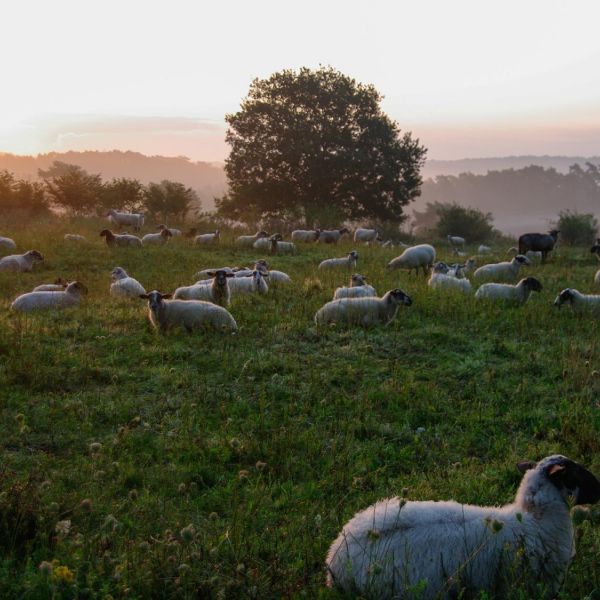
Feb 26, 2024
Temperature, humidity may drive future transmission of parasitic worm infections
As climate changes, temperature isn’t the only factor to influence the spread of infectious diseases. Humidity plays a role, too, according to new research published in Ecology Letters.
Full Article
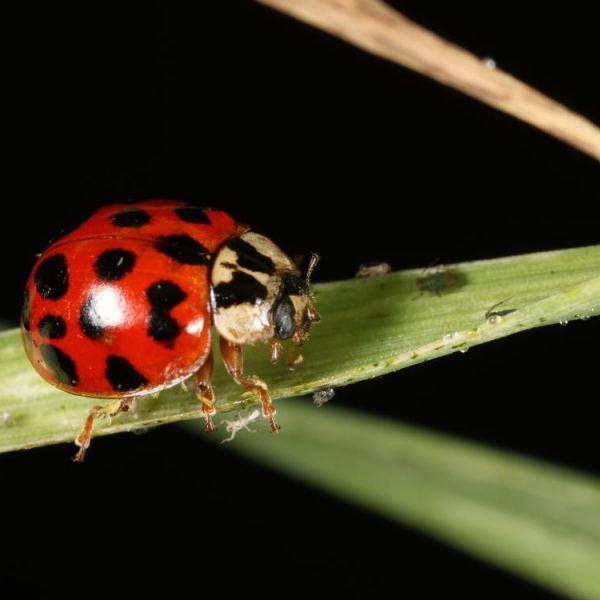
Feb 22, 2024
Ladybug scents offer a more ecologically friendly way to protect crops
The use of pesticides, while beneficial for global food security, wreaks havoc on natural ecosystems and human health. To address this issue, Penn State researchers have turned to an unlikely enforcer to protect crops: the ladybug.
Full Article
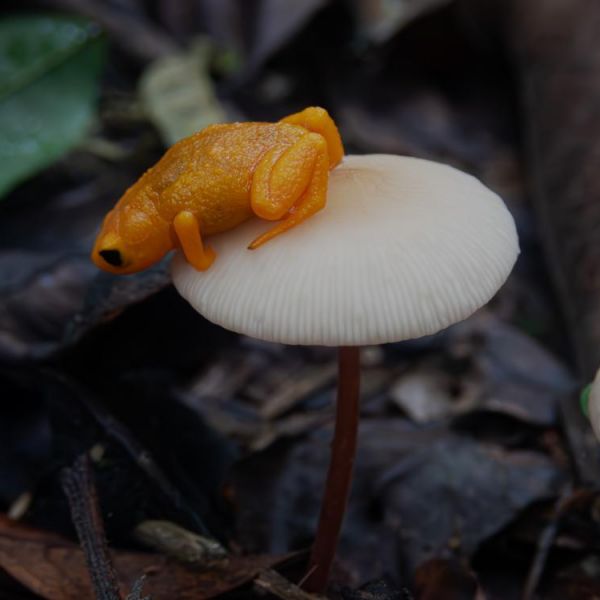
Feb 13, 2024
Drought may drive deadly amphibian disease, researchers find
Pumpkin toadlets are in trouble. Progressively severe droughts are disrupting the microbiomes of the thumbnail-sized orange frogs, potentially leaving them vulnerable to a deadly fungal disease, according to a new study by an international research team.
Full Article
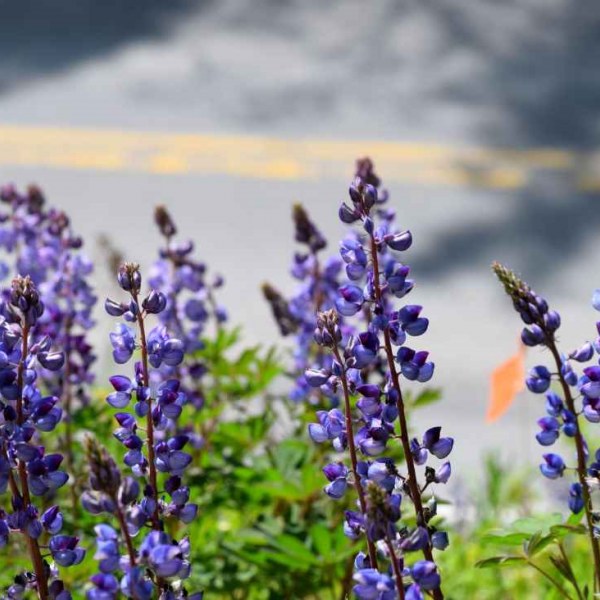
Feb 01, 2024
Edge habitats along roads and power lines may be key to conserving rare plants
Edge habitats created by natural or human-caused disturbances provide prime opportunities for encouraging the establishment and reproduction of rare native plants, the researchers reported in a new study published in Plant Ecology
Full Article
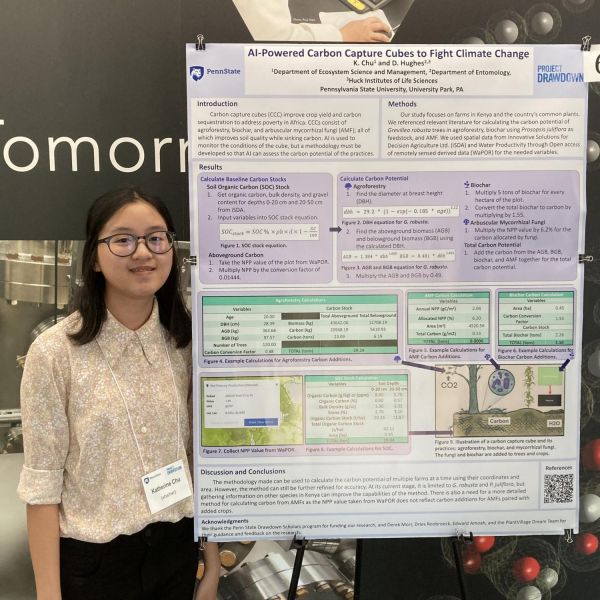
Jan 05, 2024
College of Ag Sciences student aspires to drive innovation in climate solutions
Katherine Chu has embraced the opportunities that the environmental resource management program provides to contribute to innovative solutions.
Full Article